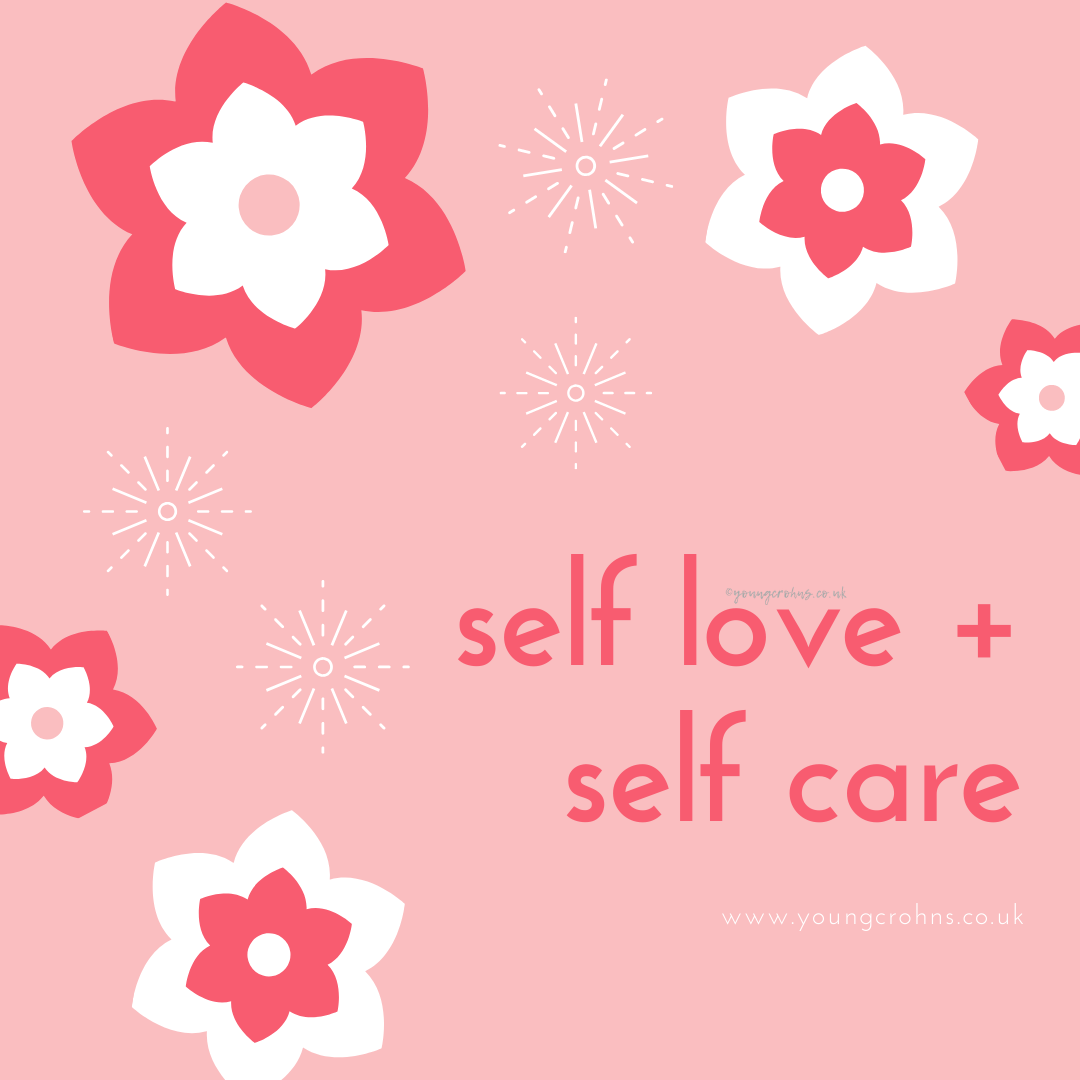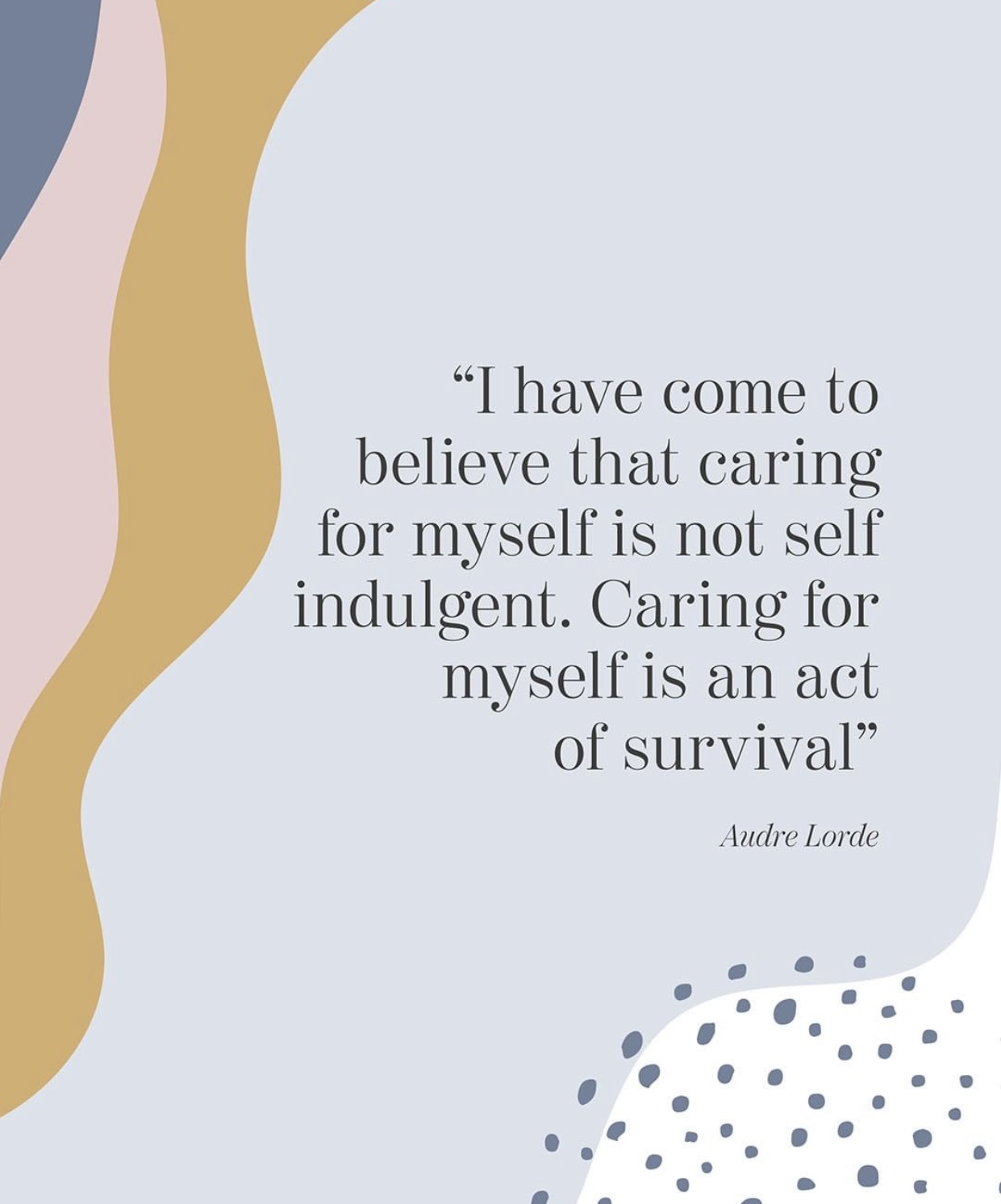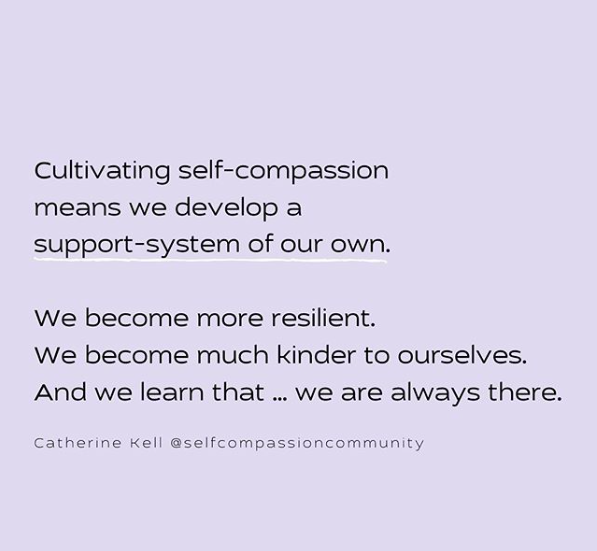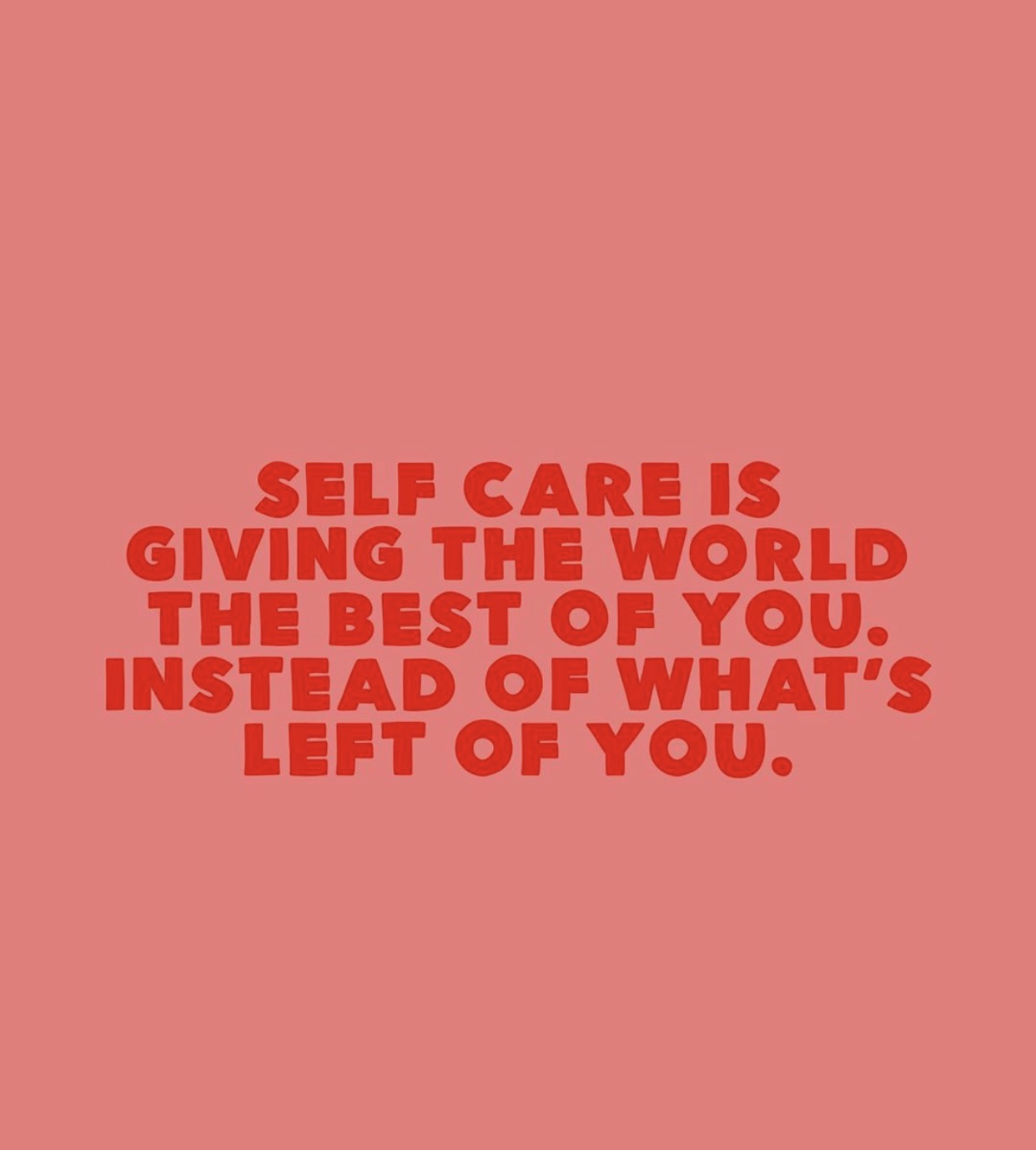
Self Love & Self Care
“Self-love, self-respect, self-worth: There’s a reason they all start with ‘self.’ You can’t find them in anyone else.” ~Unknown

SELF-CARE means mindfully and consistently nurturing all aspects of your own wellbeing. Spiritual, physical – this is the aspect where we tend to mainly focus our self-care – , intellectual and emotional. You can know about self-care and have a hard time practising it, or you can be great at self-care in one area and less so in others. Also there are times when you are more able to care for yourself and others when you just can’t.
Usually, if you are not taking care of yourself it’s because you have a dozen other things going on that you need to tend to – like people who need your care, or limited resources that require attention, or a schedule that is over-capacity. This may require more time, money, support or favourable circumstances that you just don’t have right now. In which case, what you are doing is probably the most self-caring thing possible. But this is exactly the time we tend to confuse self-care with self-love, as in ‘if I loved myself, I would take care of myself’. Not so.
SELF-LOVE is measured by one’s own feelings about their happiness and well-being. Generally self-love is akin to self-worth, and how much we value ourselves. The understanding is that if we value ourselves enough, then we will engage in self-care, which will result in feeling good about our health, relationships, purpose and friendships.
The issue that arises with self-love is that when one or more of these external aspects change (as things do in this ever-evolving world of ours), then so does the degree of happiness associated with it. Because self-love, in and of itself, is wholly conditional and entirely unsustainable. As anyone who has had a long-term partner, or raised a teenager (or been one themselves) knows, you can easily hate someone that you absolutely love. Such that self-love is inevitably linked with moments self-hate. When this happens, we tend to call on our self-compassion.

SELF-COMPASSION allows you to engage in self-kindness, have empathy for yourself and accept your not-so-great behaviour (even when you’re too much). It is especially handy when you can’t engage in self-care and aren’t feeling self-love.
The problem with self-compassion is that it is more of a gift than a practice. It’s not always around when you need it. As my brilliant woman once said – sometimes you need compassion for not having any self-compassion. When that happens, you are back to square one – no self-care, no self-love, and no self-compassion to forgive yourself with.
How to begin achieving some ‘self’:
- List your qualities
- Speak to yourself with LOVE
- Reward yourself
- Prioritise yourself
- Give yourself a break
- Focus on being someone who loves
- Tap into what it looks and feels to be loved
- Stop comparing yourself
- Take baby steps to create the life you long for
- Ask your gudiance system for help
- Surround yourself with people who you feel good with
- Be compassionate when shit hits the fan
- Make room for health habits
- Postpone your worry and negative thoughts
- Accept wha you cannot love
- Be present in your body
- Seek spiritual connection
- Take responsibility for your feelings
- Define your own worth
- Take action
Do you have any questions or queries? Or just want to share your own experiences?
You can leave me a reply here or comment via my social media accounts – on Twitter, find my blog page on Facebook and over on Instagram

If you enjoyed this post check out My Love for You, Dear Stoma , Grieving: Those Waves Don’t Stop and The Reminder that I’m Not Normal
Further Reading:
- Shine – 5 Ways to Put Self-Love Into Action
- Tiny Buddha – Be Good to Yourself : 10 Powerful Ways to Practice Self-Love
- Mind Body Green – The Difference Between Self-Care & Self-Love
- MUD Coaching – Self-Love vs Self-Care: What’s the Difference?




